As a Dispatch reader, you understand what quality journalism looks like, and we want to make sure we’re delivering exactly what you need. Will you take 5-10 minutes to share your thoughts in our survey? Your feedback ensures we’re building something that truly serves your needs.
Hi and happy Sunday.
Contributing Writer Hannah Anderson proposed the idea for today’s Dispatch Faith essay long before the death earlier this week of James Dobson, perhaps the most influential Christian in the realm of parenting in the last 50 years. But the fact that raising kids is the most important (and most challenging) role many of us will ever fulfill makes discussions such as the one Hannah engages in today ever-relevant.
Her essay focuses on helping our kids grow into adults while coming to grips with the viciousness the world sometimes foists upon us. Her admonishment to parents isn’t to shield children from that viciousness, nor to teach them to muscle through with an unshakable stoicism. Rather, Hannah’s message is that parents should embody for their children the sometimes forgotten truth that they were not created to shoulder the world’s viciousness alone.
Hannah Anderson: In Praise of the Parental Safety Net
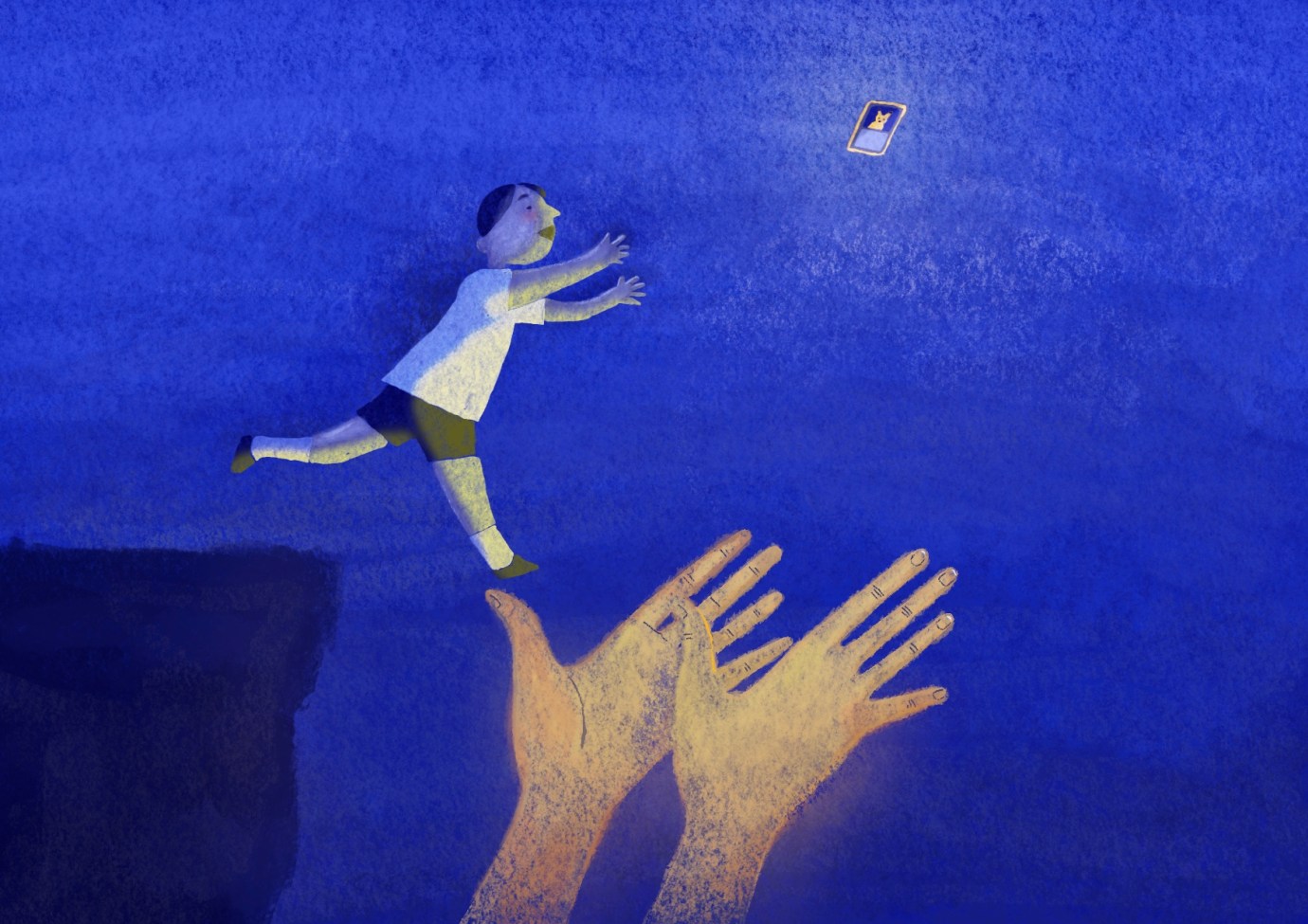
Over the summer, my 16-year-old son started several entrepreneurial endeavors, including dog sitting and a brisk trade in Pokémon and Magic: The Gathering cards. He regularly updates me with his business plans, bookings, and successful sales. When many of his peers are glued to their phones, I’m glad to see his initiative and excitement. But a few nights ago, he appeared in my bedroom visibly upset. He’d been scammed.
Apparently, in attempting to acquire a card for resale, he had been a little too trusting. One Apple Pay transaction and a deleted listing later, he had learned a lesson about the harder side of life. We talked through how it happened, and I shared times I’d been tricked myself. He battled the shame we all feel when something seems so obvious in hindsight. We considered why he had missed it—partly because he himself didn’t feel the need to scam other people—and then I deployed the safety net: I chose to bear the majority of the financial loss for him.
Other parents might have chosen a different response, and some may read my choice as that of an overprotective helicopter mom who shelters her children from the real world. We’ve all heard stories of parents inserting themselves into their adult children’s affairs, whether that’s demanding a professor change a grade or interacting with an employer. And in recent years, the term “safe spaces” has become code for coddling college students from disturbing conversations and topics.
But it occurred to me that besides learning about the danger of the world, my son also needed to learn that navigating it safely means not going it alone. And in some sense, his ability to encounter the hard realities of the world is directly related to whether I’m doing my job to protect him. It is because I want him to continue to take risks that I’m committed to providing a safety net.
The hard way.
Not all parents opt for this approach, and some intentionally choose to let their children learn “the hard way,” believing that children’s vulnerabilities are the mechanism for instruction. They think, perhaps not unreasonably, that letting children deal with the world on its own terms will instill resilience and self-reliance. Strangely enough, I first encountered this brand of “tough love” in religious communities that conflate stoicism with moral maturity. In such paradigms, learning “the hard way” means more than letting children experience the natural consequences of actions. It can also mean actively creating circumstances that ensure they experience hardness.
This inclination often correlates with a proleptic rendering of human depravity and modern notions of self-creation. It construes the task of parenting as preparing children for a harsh world by preemptively hardening them to that world through strictness and control. This was the “dare” of James Dobson’s 1970 bestseller Dare to Discipline, which Dobson wrote as something of a response to the child-rearing philosophy of Dr. Benjamin Spock that Dobson deemed permissive. The 1990s brought Gary and Anne Marie Ezzo’s infant training techniques (what would eventually become the bestselling On Becoming Babywise) that emphasized “God’s order” and taught young parents how to “manage,” not the stress of parenting, but their newborn. More recently, folks like Pastor Doug Wilson (of “women are the kind of people that people come out of” fame), warn parents who opt for a “goopy and sentimental front, calling it gentle” that they will ultimately be “destroying the lives of children.” Believing that children are “little bundles of sin,” he argues that “the sinful heart needs a jack hammer, not a feather duster.”
I want to be clear that the concern here is not whether children sin (they do), whether parents should instruct their children in wisdom and righteousness (they must), or whether people who opt for “the hard way” love their children (I presume they do), but how imperfect parents should think about the challenge of raising imperfect children in an imperfect world. Is the answer to preempt the harshness,making a child’s world more difficult than it already is in order to better their chances at existential survival? Should we adopt a kind of “survival of the fittest” mentality to harden them to its hardness? Is strictness and “firm control” the “key to real love” as the cover of the 1982 edition of Dare to Discipline suggests?
Safety first.
I can’t help but think about all this when I read about rising rates of depression and anxiety among young adults. Social observers like Jonathan Haidt note the correlation between smartphone usage and loneliness, and it’s not hard to see how social media damages developing psyches and leads to a sense of dislocation. But recent research conducted at UCLA also suggests that Gen Z’s No. 1 priority is safety, which leads me to ask, “Why does my children’s generation perceive the world to be unsafe in a way previous generations have not?”
The simplistic answer, of course, is that the world is a dangerous place and that Gen Z simply needs to toughen up. But a more intricate answer understands that Gen Z’s experience of that world implicates the adults who created and guide them through that world. When I think of my three children’s experience of life, reality comes into stark view.
At 21, 19, and 16, the majority of their lives has been marked by social upheaval and uncertainty. Their school years brought COVID and active shooter drills in which they regularly attended to learning the skill of how not to die. They have no waking memory of a country that expected civility and decency as a baseline for leadership. Instead, they have seen the disabled mocked, women assaulted, and cronyism rewarded without consequence. They watched the Capitol building be overrun in an attempt to stop a constitutional process, only to have those who unleashed violence be pardoned by the man in whose name they acted. Friends and family are increasingly polarized by politics, while neighbors are called enemies. It’s no wonder Gen Z perceives the world as a dangerous place.
But the same survey also notes that Gen Z’s second priority after safety is “to be kind to others.” And here, perhaps, is the reason I’m theologically and philosophically committed to being a safety net for my children: The world is a vicious place. But the way to overcome its viciousness is not to become equally vicious; it is to learn to care for each other in the midst of it. And we as parents are the first and best models of this kind of care.
Ironically, the Edenic vision of the Judeo-Christian tradition is not one of self-creation through toughness, but of grace and communion. Made in the image of a Trinitarian God, to be human is to be dependent on others at every level: physically, emotionally, mentally, and spiritually. Part of our calling as parents, then, is to teach our children how to live in this reality despite a world that would push them to isolation, hardness, and self-reliance. Children will learn this best not when we add to the difficulty of their lives, but when we create circumstances that tell them they can be vulnerable in it and still survive. The harsh realities of the world need not be ultimate because they know that we have not left them to face it alone.
Suffering together.
Even if I wanted to, there is no way that I could protect my children from suffering. I could not isolate them enough or harden them enough to keep them from danger, pain, or disappointment. What I can do, however, is be with them in their suffering. I can teach them that I am a support to turn to and that, insofar as God is our mutual safety, we can make it through the difficulties together.
After all, this is the model of Christianity itself: God has not left us to find our own way or learn from the school of hard knocks. No, this God has come to us, entering into our broken world, assuming our suffering, and has chosen to stay in it with us. He has become our safety, and it is modeling this same kind of love that will preserve us in a world bent on destruction. So when my son came to me having just encountered this brokenness, I wanted him to know that his greatest strength isn’t his business savvy or ability to spot a con. His greatest strengths are those who love him, carry his struggles with him, and yes, help out when things go bad. I wanted my son to be able to return to his business, sobered and perhaps a bit wiser, but with the confidence that he could take risks, learn from his mistakes, and continue on to maturity.
Because I also know that part of my calling as a mother is to help my children become a safety net for others. To do this, they’ll need to grow in their ability to handle practical responsibilities. They’ll need to learn to look out for scams and manage their finances. They need to develop their strength to help those weaker than themselves. But as this happens, they also know that should life go awry,whether from inexperience, human frailty, or even their own sin, that they can call for help, and they will be heard—by God and by those who love them. And from this place of safety, they will gain the strength to venture into the unknown, assured that they do not go there alone.
More Sunday Reads
- New York Times columnist David Brooks equates the “tear it all down” mentality so prevalent on the political and cultural right these days to a rising nihilism, in part a reaction to the excesses of cultural progressivism. Yet, as he writes this week, he sees hope that at least some young Americans may be longing to believe in something transcendent again. “This may be where history is leading. Smothering progressivism produced a populist reaction that eventually descended into a nihilist surge. Nihilism is a cultural river that leads nowhere good. Russian writers like Turgenev and Dostoyevsky wrote about rising nihilism in the 19th century, a trend that eventually contributed to the turmoil of the Russian Revolution. The scholar Erich Heller wrote a book called ‘The Disinherited Mind’ about the rise in nihilism that plagued Germany and Central Europe after World War I. We saw what that led to. It’s hard to turn this trend around. It’s hard enough to get people to believe something, but it’s really hard to get people to believe in belief — to persuade a nihilist that some things are true, beautiful and good. One spot of good news is the fact that more young people, and especially young men, are returning to church. I’ve been skeptical of this trend, but the evidence is building. Among Gen Z, more young men now go to church than young women. In Britain, according to one study, only 4 percent of 18- to 24-year-olds went to church in 2018, but by 2024 it was 16 percent. From the anecdotes I keep hearing, young people seem to be going to the most countercultural churches — traditionalist Catholic and Eastern Orthodox. They don’t believe in what the establishment tells them to believe in. They live in a world in which many believe in nothing. But still, somewhere deep inside, that hunger is there. They want to have faith in something.”
- For Christianity Today, Angela Lu Fulton reports on David Lin, a 70-year-old missionary who spent 17 years in Chinese prisons until the U.S. government negotiated his release last year after advocacy work done by his daughter, Alice. “David’s prison sentence left him emaciated, and it devastated his wife, daughter, and son. Yet while speaking over a meal of soup dumplings, David often laughed and joked, jumping into stories of miraculous healings and confessions of faith. Had he ever questioned God during his nearly 20 years in prison? ‘I don’t have time for thinking about that,’ said David. ‘I just follow God’s leading every day.’ At times, he hinted at the horrors he faced inside the Beijing prison, but even then he pointed to God’s goodness. Alice noted that the family doesn’t know the full extent of the atrocities he experienced. The one aspect David described as terrible was the toll on his family as they worried for his safety, dealt with the trauma of his imprisonment, faced the foreclosure of their home, and feared they would never see him again. Since his return, the family has been able to talk and laugh together again. ‘I believe [that] without God’s permission I cannot go to prison, but God always protect[s] me,’ David said.”
- In Fortune, Lionel Lim covers how businesses and financial institutions catering to Islamic practices are booming in Asia, focusing on digital banking platform Mambu. “‘The Southeast Asian market, particularly Malaysia and Indonesia, is incredibly dynamic in terms of how they’ve grown in the Islamic banking space,’ says David Becker, managing director and head of [Asia-Pacific] sales at the firm. The company already works with Southeast Asian clients like Bank Islam, Malaysia’s largest provider of shariah-compliant financial products, and Bank Jago, an Indonesian digital bank. Becker says that Islamic finance is growing just as quickly as traditional banking, and so Mambu hopes to provide tools to support shariah-compliant products like profit sharing. Unlike in conventional banking, Islamic financial institutions must avoid companies that deal in products that are harmful or considered ‘haram’, like pork, alcohol, or gambling. Islamic banks also can’t charge interest and so must instead generate a return through some other mechanism, like profit-sharing or leasing.”
Religion in an Image
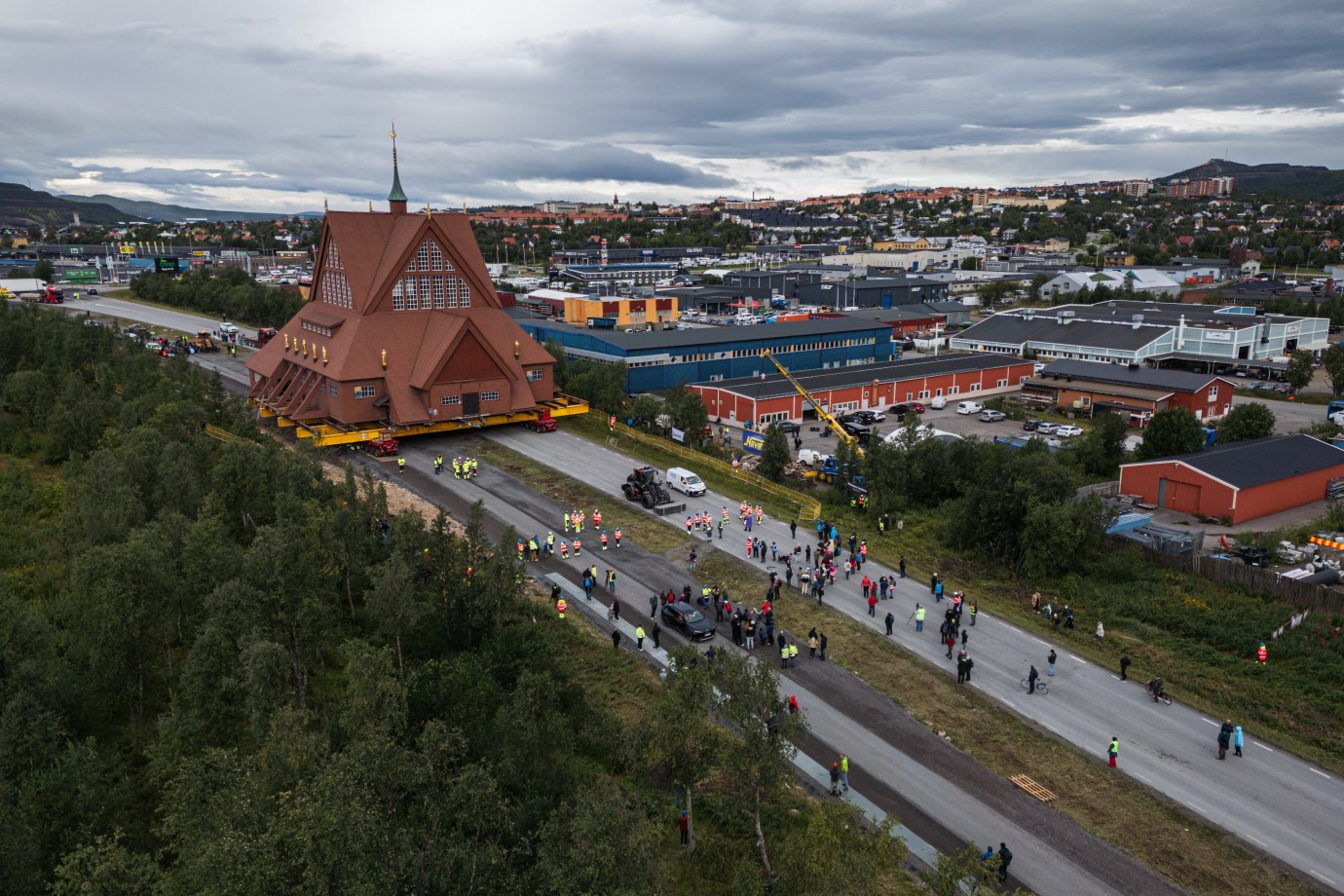

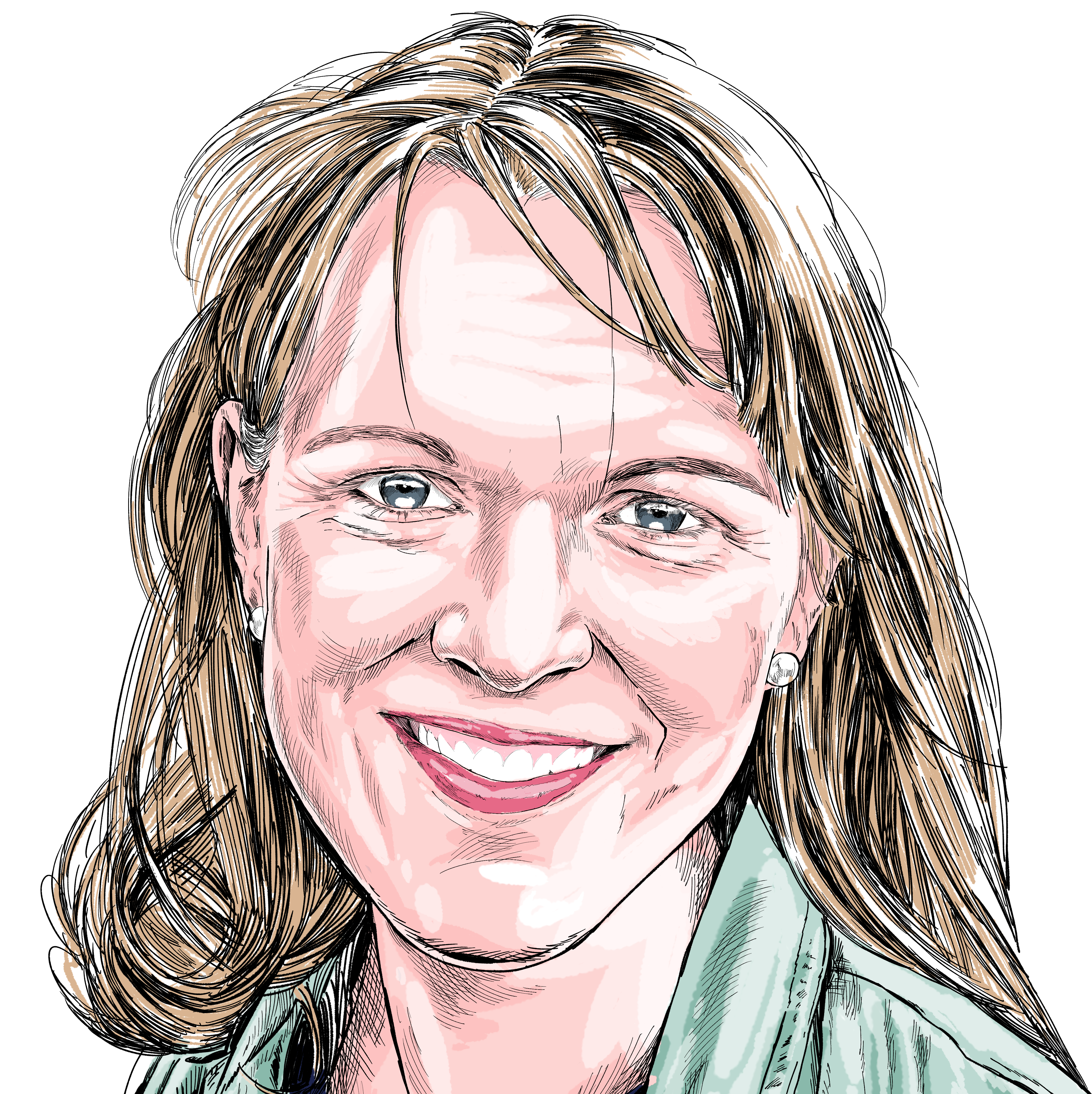

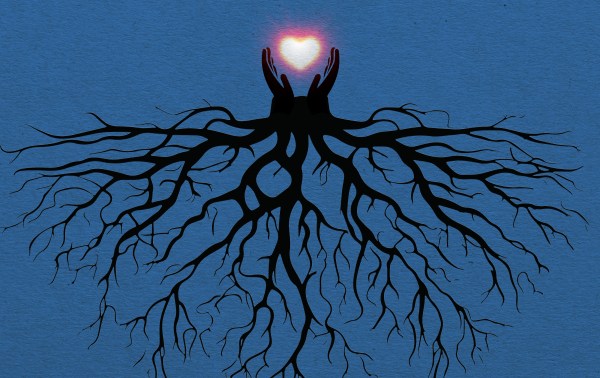
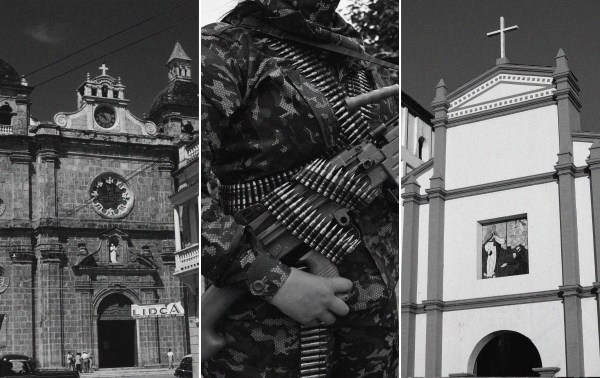





Please note that we at The Dispatch hold ourselves, our work, and our commenters to a higher standard than other places on the internet. We welcome comments that foster genuine debate or discussion—including comments critical of us or our work—but responses that include ad hominem attacks on fellow Dispatch members or are intended to stoke fear and anger may be moderated.
With your membership, you only have the ability to comment on The Morning Dispatch articles. Consider upgrading to join the conversation everywhere.